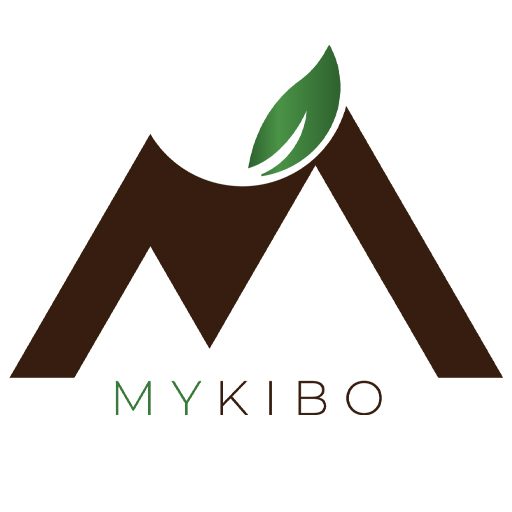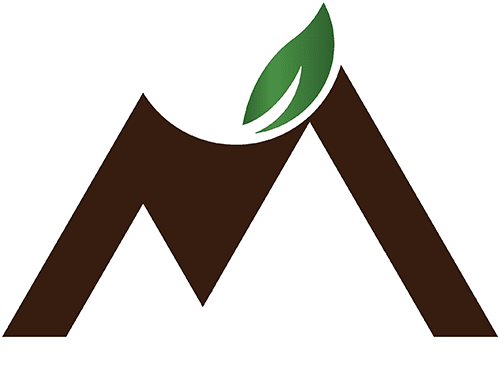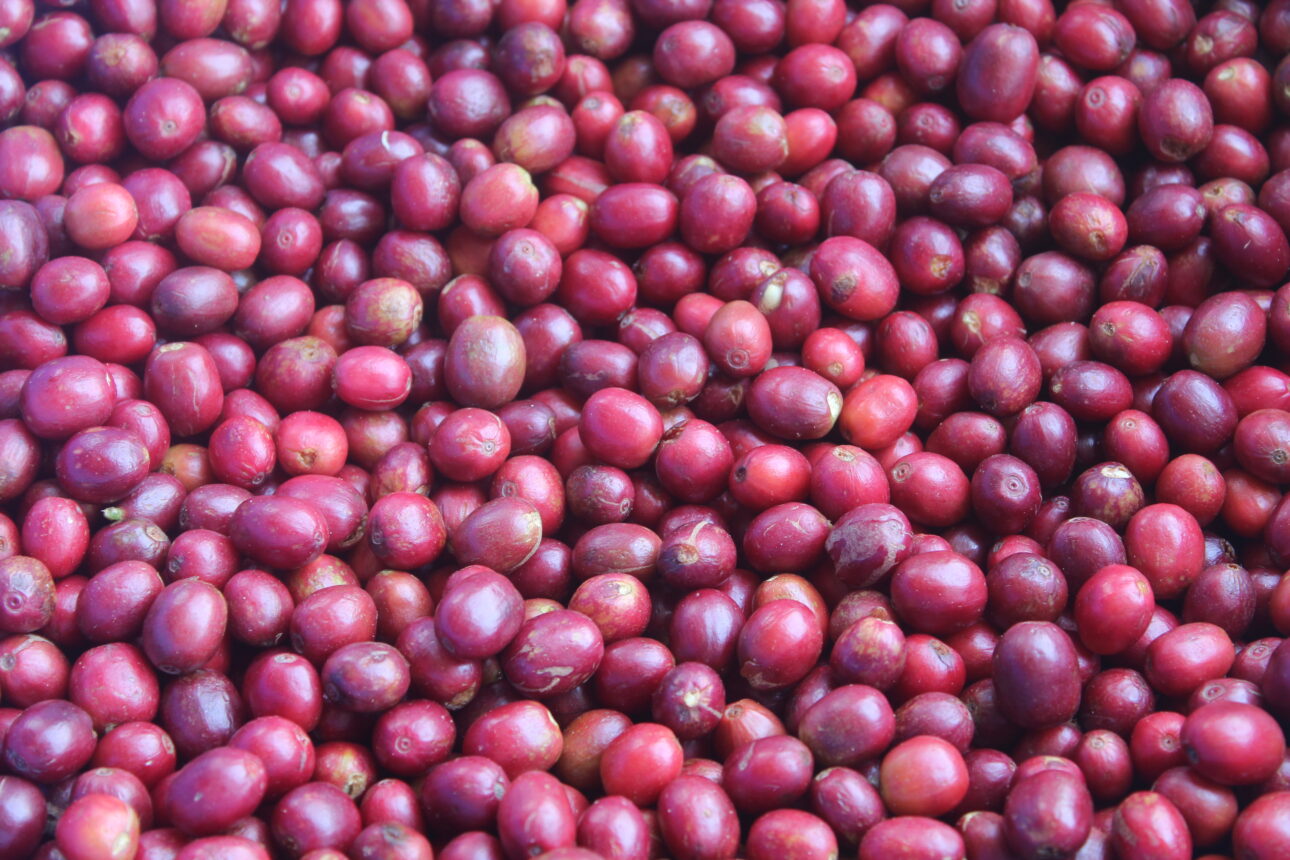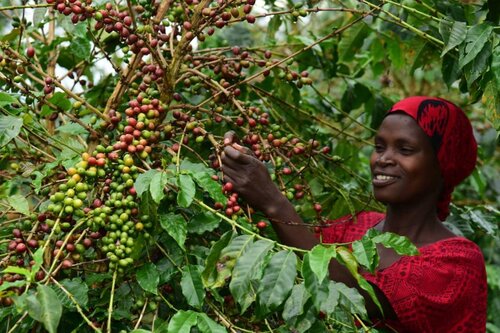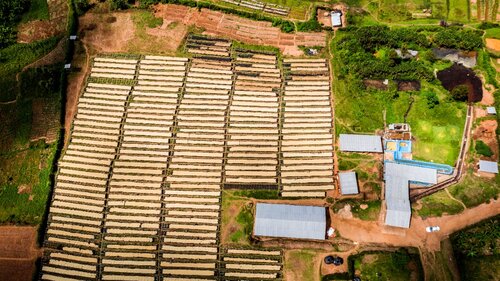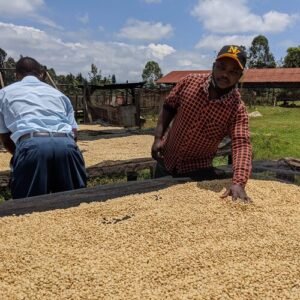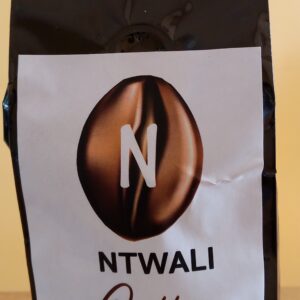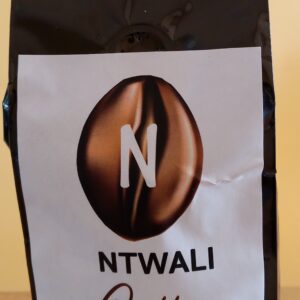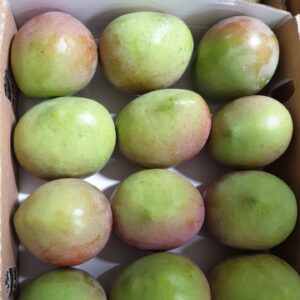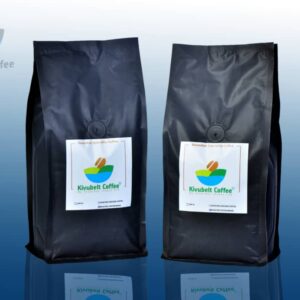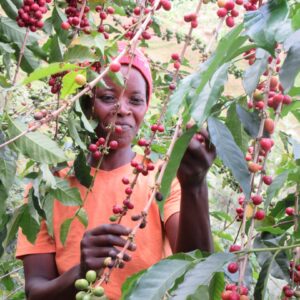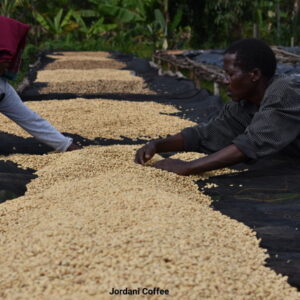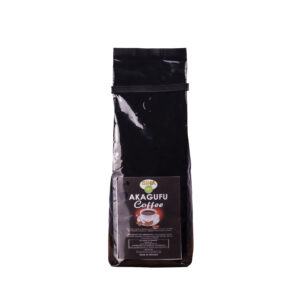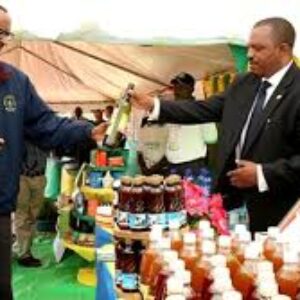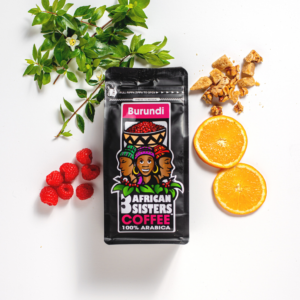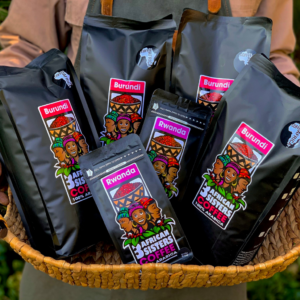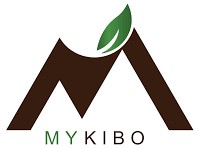Menu
Login / Register
Impexicor Coffee
International Certification: RA, UTZ certified, and CAFE Practice certified
Min Quantity: Micro-lots
Organic: No
Samples: Yes
Dropshipping: Yes
Packaging Description: Sacks
Product Description:
Sacks
Sacks
Supplier Profile
“We are offsetting carbon for all your trades on MyKibo”

Our African Story and the people we impact
Coffee is carefully handpicked by farmers mostly in the morning. In the afternoon, harvested coffee is delivered to washing stations or designated collection sites where we pick them by bikes or vehicles. At the washing stations staff sort the cherry by hand and by the floating system to check the density and the quality of the bean. On average most of the coffee that gets to the station is well picked as we train our farmers how to pick their coffee properly. Accepted coffee beans are processed by pulper machines mostly overnight and then leave it for 12 to 16 hours in fermentation bacs. To ensure the complete removal of mucilage, the parchment coffee is soaked in clean water for 8 hours before being washed in grading channels. IMPEXCOR washing stations have three gradings depending on size and density of the parchment where A represents the highest quality and bean quality and C being the least and less likely to have because of the floating and sorting of the bean at the reception. After those wet processes (fermentation, soaking, washing, and grading), the coffee is transferred to raised beds. This is section composed of the covered sheltered section where station employees sort any defective bean before the coffee is transferred to the drying raised beds. The drying process takes approximately 25 to 35 days depending on weather conditions. After this process beans are taken to the dry mill and sorted again before export.
Related products
Added to wishlistRemoved from wishlist 1
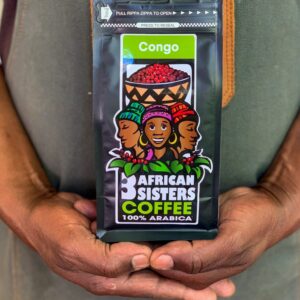
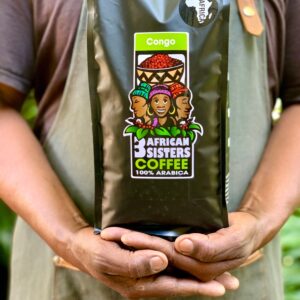
At Mykibo, we have made it our mission to promote Africa’s agri-business products to the world. When manufactures and exporters sell more, African farmers can increase Read More
Terms & Policy
Subscribe to our newsletter
Reach Us
- info@mykibo.com
-
+(250)787398973,
+(250)787397952 - Ubumwe House, Plot 2826 KG5 Ave, Kimihurura kigali Rwanda
